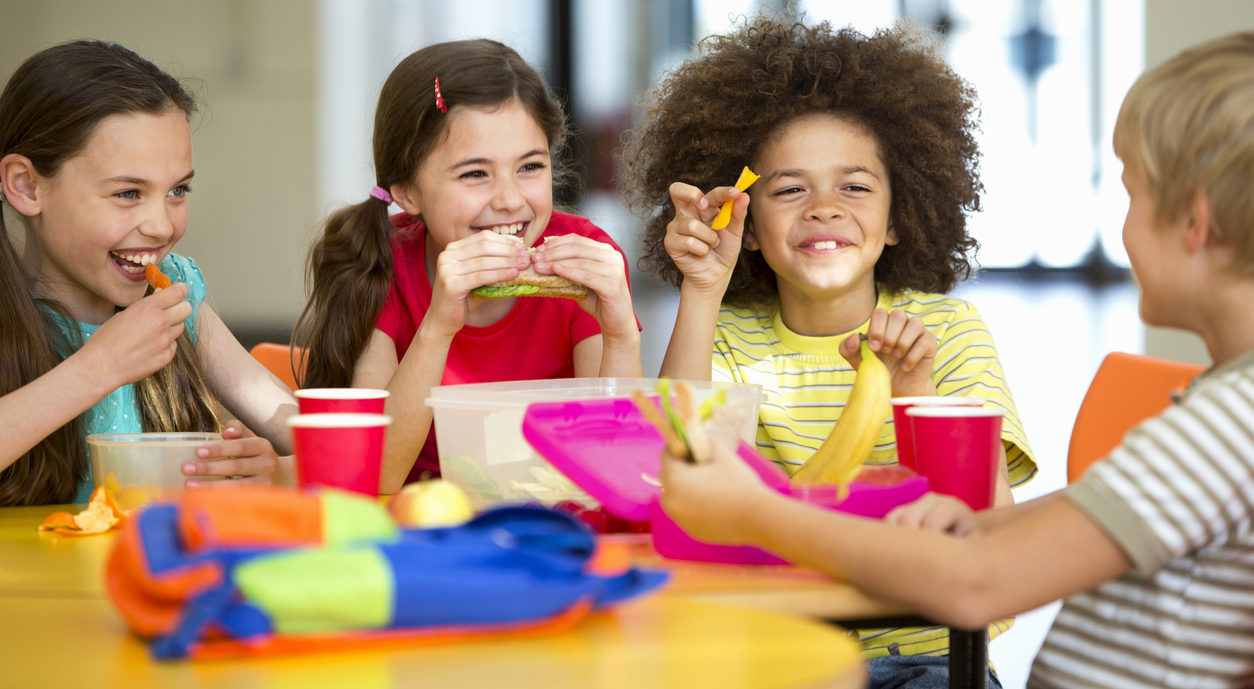Supporting students with food literacy.
Food literacy is a term that is increasingly being discussed in education and public health circles. Our team supports young learners on their journey to develop food literacy skills with programs and resources that explore:
- How food is grown, produced, and made available
- How to identify, plan, get, store, prepare, and eat a variety of foods
- How to reflect on one’s food needs and resources
- The interconnection between food, culture, and identity
Supporting BC educators through nutrition education programs.
Kindergarten to grade 12 curriculum in BC requires teachers to provide nutrition and health education for students in several cross-curricular competencies such as Physical and Health Education and Applied Design, Skills, and Technologies. Through pilot programs, surveys, and one-on-one conversations, teachers have expressed a need for grade-appropriate, curriculum linked health and nutrition content. Our work helps fill gaps for teachers in these areas and address challenges such as limited time, capacity to find resources, and limited training on age-appropriate strategies to teach topics in nutrition.
Our team of registered dietitians work with experts in education, with teachers across BC, and with fellow health professionals to support educators by providing food and nutrition education programming that is free, effective, fun, curriculum linked, and importantly, developmentally appropriate. Learn more about our commitment and approach to education!


